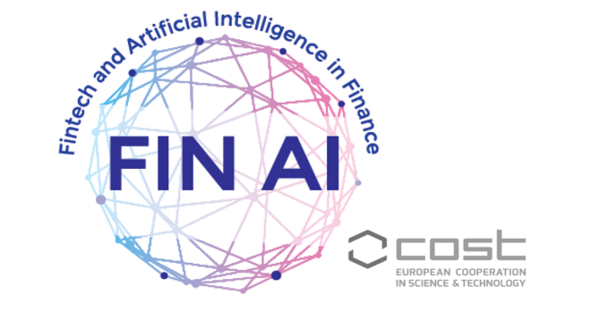
Codruta Mare
Professor, Babeș-Bolyai University
Resume
Codruța MARE is a Prof. of Statistics and Econometrics at the Dep. of Statistics-Forecasts-Mathematics and PhD coordinator in the field of Cybernetics and Statistics, Faculty of Economics and Business Administration, and the Scientific Director of the Interdisciplinary Centre for Data Science, Babes-Bolyai University, Cluj-Napoca, Romania. She teaches several types of Statistics and Econometrics methods, from Descriptive Statistics to Economic Forecasting and Spatial Econometrics. She has expertise in consultancy and research projects conducted both for public institutions (The World Bank, European Commission, Romanian Ministry of Structural Funds, Cluj-Napoca City Hall, etc.) and for private companies, along with delivering trainings both in data analysis and visualization, in Romania and abroad. Results of her research were published in books and articles in prestigious international journals. She is currently the Grant Award Coordinator of the COST ACTION CA19130 “FinAI – Fintech and Artificial Intelligence in Finance”.
Google Scholar
LinkedIn
Abstract
Romanian FinTech report
The Romanian FinTech Report is the first such report assessing the state-of-the-art of the Romanian FinTech sector. It is an important tool for policy making in the field of the Financial Technologies in Romania, as it was constructed in partnership with the Romanian FinTech Association (ROFintech) and benefitted from the feedback of the regulatory authorities, namely the Financial Supervisory Authority and the Romanian National Bank. The report is made up of 3 main parts. The concepts related to the FinTech sector along with the employed methodology are described in the first part. The second part treats the legal environment and the Romanian FinTech ecosystem, while the third part assesses the sector. We have identified 54 active FinTech companies in Romania at the time the study was conducted. For these companies, we present the type of activities, seniority on the market and economic performance. A more complex evaluation was conducted with the help of a survey. Results point out the types of technologies used in the field, the evolution of the number of employees and of the economic performance, along with the types of financial services provided to the clients. An important part of the study is dedicated to the interaction with the related public institutions. Among the current problems of the sector we point out the legal environment/ regulations (including sandbox implementation) and access to financial resources. Another important result is that, globally, the Covid-19 pandemic has positively impacted the Romanian FinTech sector, accelerating digitalization and leading to an improvement in the related legal framework.

